Jade Orchid, bouquet Phoenix oolong
$ 21.40
Xue Pian Yu Lan Xiang
One of the most common practices in tea naming in the Fenghuang region is giving a tea the name of the flower which the farmer associates the aroma with. Some of such flowers are fictitious, yet some are real. Like this one, Yu-lan, after the flower tree Magnolia denudata, a.k.a. Yulan magnolia. Jade orchid — as the name “Yulan” is translated — is a tree native to the region where Phoenix is.
The tea cultivar itself is relatively new, having been developed locally by a farmer Wei Li Man in the 1980’s. That is why the more popular name for the plant itself amongst local farmers is Li Man zhong, or Li Man’s cultivar.
To me, the winter harvest resembles the flower’s aroma more closely so we select only this for Tea Hong’s Jade Orchid.
This tea is also available in a small portion as a part of Tea Taster’s Box: Nine Oolong Samplers.
Net weight: 40 g (1.4 oz) in Kraft-alu pack
In stock
Other taste worthy selections
-

Big White, Phoenix dancong oolong
Fenghuang | Phoenix, Floral Aromas, Fuller Bodies, Neutral-Cool Energy, Oolongs, Tea$ 17.50
Big White, Phoenix dancong oolong
Fenghuang | Phoenix, Floral Aromas, Fuller Bodies, Neutral-Cool Energy, Oolongs, Tea$ 17.50Fenghuang Da Baiye:
Produced using a Phoenix native cultivar Da Baiye ( i.e. Big White Leaf ), and has certain taste similarity as the rarer Song Cultivar Huangzhi Xiang, this tea is popular amongst traders for use as a substitute for the pricier label. Tea Hong’s top quality selection, Big White is certainly a good demonstration of how this tea can fool the lesser experienced connoisseurs. That said, however, the trained tongue can certainly tell it is a fine tea on its own for the uniqueness in its floral aroma, silky texture and soft, smooth body.




 Net weight: 40 g (1.4 oz) in Kraft-alu pack
Net weight: 40 g (1.4 oz) in Kraft-alu pack -
Sold out

Black Leaf Special, Phoenix dancong oolong
Cool Energy, Fenghuang | Phoenix, Floral Aromas, Fuller Bodies, Oolongs, Tea$ 19.20
Black Leaf Special, Phoenix dancong oolong
Cool Energy, Fenghuang | Phoenix, Floral Aromas, Fuller Bodies, Oolongs, Tea$ 19.20Fenghuang Da Wuye:
If classic Phoenix oolongs are too sweet, and bouquet ones too florally aromatic for you, Tea Hong’s Black Leaf Special maybe your cup of tea. It is produced from a new cultivar developed for maltiness and complexity in taste. A very different oolong from the rest. Our special selection is harvested from higher altitudes near the oolong mecca that is Wudong.



 Net weight: 40 g (1.4 oz) in Kraft-alu pack
Net weight: 40 g (1.4 oz) in Kraft-alu pack -

Phoenix Classic, dancong oolong
Fenghuang | Phoenix, Floral Aromas, Fuller Bodies, Neutral Energy, Oolongs, Tea$ 19.80
Phoenix Classic, dancong oolong
Fenghuang | Phoenix, Floral Aromas, Fuller Bodies, Neutral Energy, Oolongs, Tea$ 19.80Fenghuang Baiye:
Before Chaozhou Guest Hotel was privatised, this officially appointed lodging for visiting high-ranking government officials used to serve only classic style Phoenix oolongs in all of their restaurants*. Tea Hong’s Phoenix Classic could well be the special quality in the large white porcelain teapot on the breakfast table sitting next to bamboo steamers holding finely crafted dim sums for the privileged guests. All fine and quintessential characters of the classic Phoenix oolong can be found in this tea — Sweet, fruity, and lively with notes of peach and dried longan, lychee and sweet potato. A proud heritage of Guangdong oolong.



 Net weight: 40 g (1.4 oz) in Kraft-alu pack
Net weight: 40 g (1.4 oz) in Kraft-alu pack

Magnolia denudate, a.k.a. Yulan magnolia, or Jade Orchid, the flowering tree that this tea is named after, is a native in this region.
雪片玉蘭香
Taste profile:
Nose: Soft, yet prominent sweet bouquet of Yulan magnolia. Hints of nectar. Undertones of sun-dried mandarin peel. Palate: Smooth, refreshing, herbaceous body that is slightly sweet. Soft accents of dried citrous peels. Tings of the freshly picked tea leaf. Sweet, floral aftertaste. Finish: Quenching and cooling sensations that linger.
Infusion tips:
Although this tea can be steeped in a teapot using the international tasting standard, the most enjoyment is brought about by way of short infusion in a smaller vessel. I’d prefer a 100 to 150 ml gaiwan with leaf to water ratio at 5 gram to 100 ml, using 95°C water and initial duration of 30 sec. Increase the duration by increments of 15% as you repeat the infusion. Enjoy each infusion by sharing it in 3 to 5 portions.

Being in the subtropical, this region rarely snows except for some occasions in the higher peaks, such as this in Wudong. So why would the winter oolongs from this place called xue-pian ( snow flakes )?
What is Xue Pian?
“Xue pian” literally translates as snow flakes. It references the days between the lunar calendar’s 20th solar term of Light Snow, or xiao-xue (Chinese: 小雪), or shousetsu (Japanese:しょうせつ), or soseol (Korean: 소설), or roughly November 22 on the Gregorian calendar; and the 21st term Heavy Snow, or da-xue (Chinese: 大雪), or taisetsu (Japanese: たいせつ), or daeseol (Korean: 대설), or roughly Dec 8. It is between these days that winter harvests of Phoenix danongs are made. The 24 solar terms are still important reference tool for traditional farming in the Far East.
Additional information
| Weight | 90 g |
|---|---|
| Dimensions | 18 × 9 × 5 cm |
| Net weight: | |
| Tea category: | |
| Class: | |
| Recommendation: | |
| Origin: | |
| TCM character: | |
| Packaging: | |
| Infusion color: | |
| Vintage |
Reviews(1)
Only logged in customers who have purchased this product may leave a review.



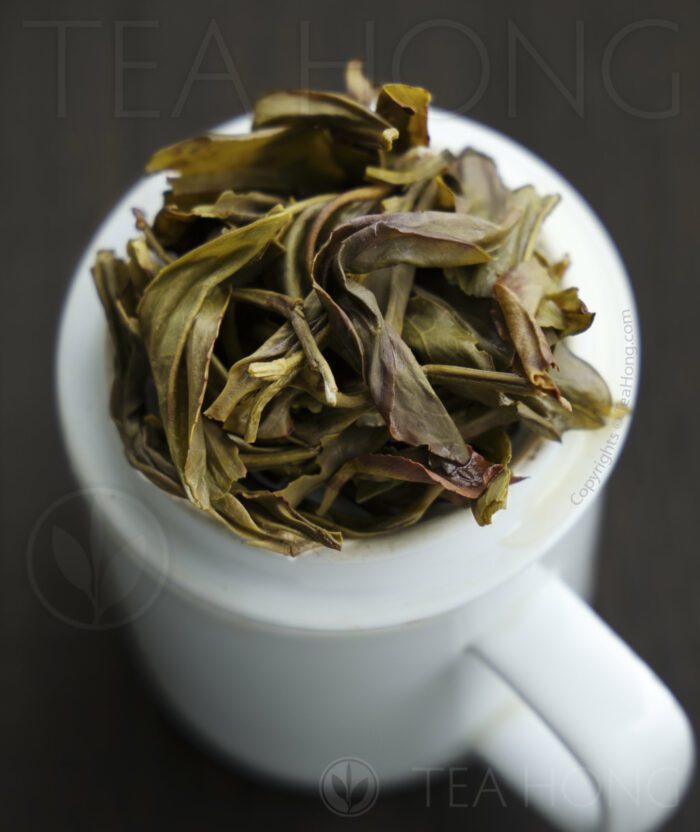
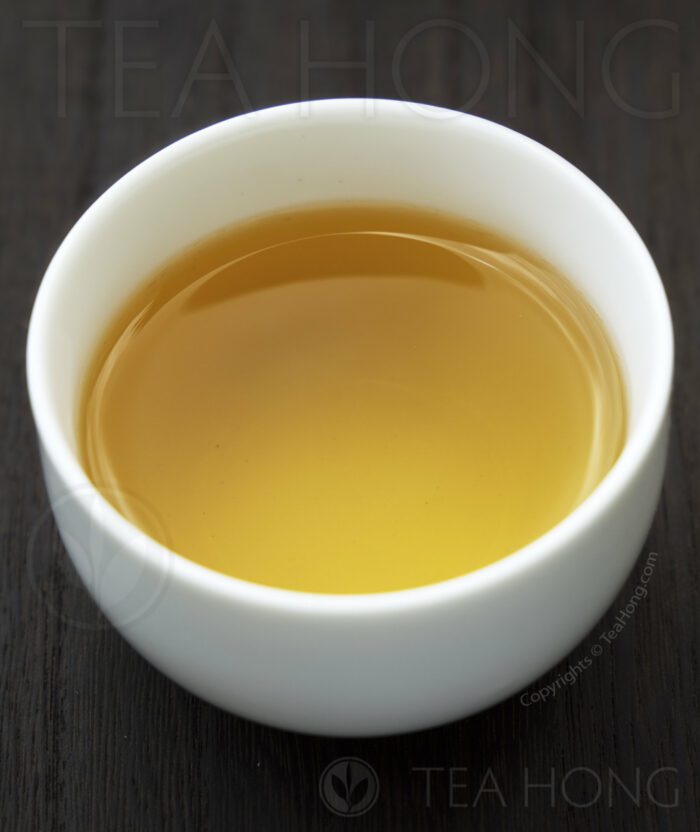

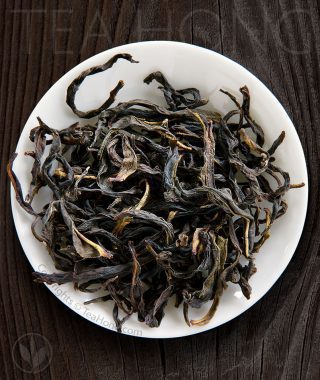
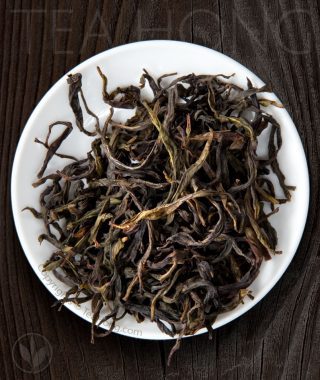
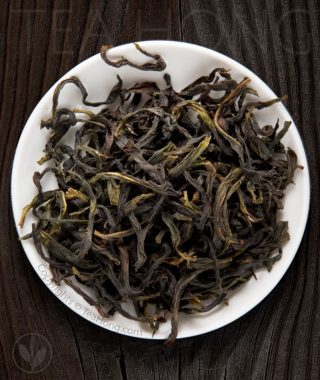
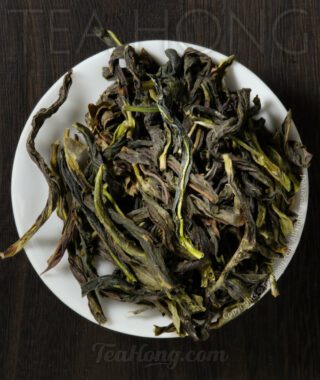
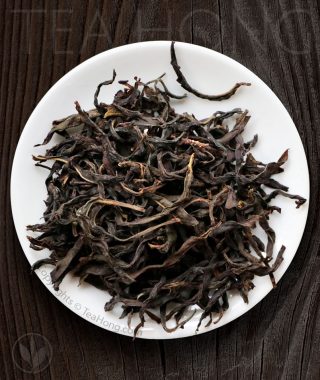
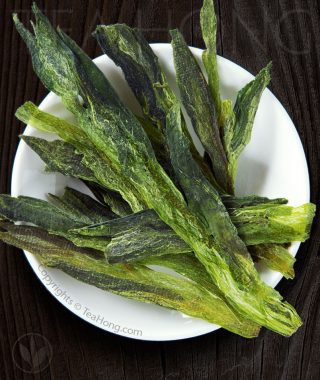
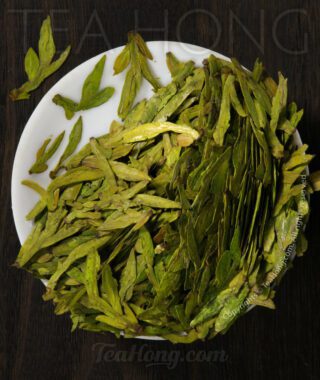
One of my friends sent me a 7-gram session of this and I knew I had to buy a whole bag. This is good Yu Lan at a great price.
I particularly enjoy how Tea Hong’s Jade Orchid opens up with a fantastic minerality that carries bright and pungent florals, with hints of bananas and citrus which progressively become more apparent up until about half-way through the session, at which point some fruity undertones of mango and cantaloupe become front-and-center in the flavor profile.
In the second half of the session, the tangerine-like citrus notes melt away into something more reminiscent of apple juice, and the florals that were blooming on the front-end of the flavor profile start to mellow out into something more creamy and milky. The texture remains very silky and buttery-smooth.
The finish is graceful, it has a strong mouthfeel with a very long-lasting aftertaste that is like a mango & cream milkshake with micronized glacial rock dust, which creates a kind of electric vibrancy that I’ve come to know and love in good, high-end dancong. I appreciate the subtle nature of this Yu Lan’s depth. It has a kind of charm that slowly creeps up on you and lingers on the palate.
The empty-cup aroma is magnificent. Wet leaf aroma is super deep and complex. Leaf quality is superb… this Yu Lan is hard to beat for its price and carries all of the right attributes that I could hope to find in a premium version of this cultivar.